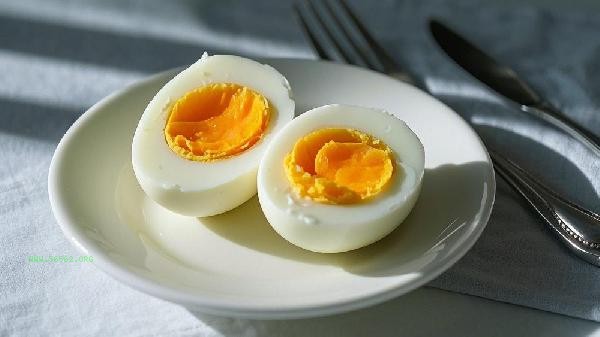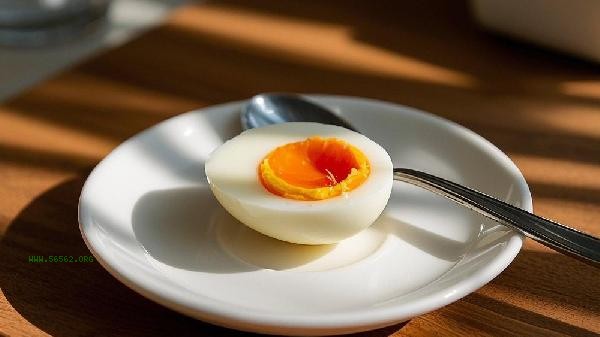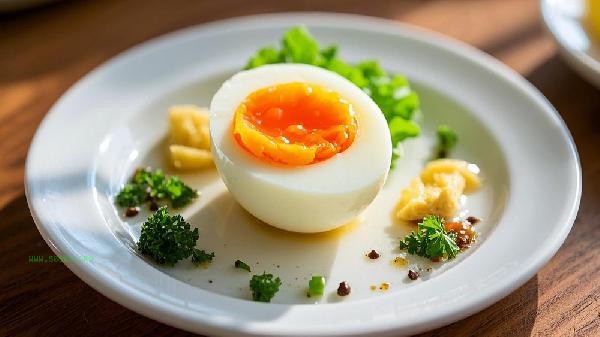You can cover or not cover the boiled eggs, but different methods can affect the taste and ripeness of the eggs. Covering can accelerate the heating speed and make the protein more tender, while not covering it makes it easier to observe the heat and avoid boiling. When covering boiled eggs, the steam generated by boiling water can evenly heat the eggshell, shorten cooking time, and is especially suitable for making soft boiled eggs or hot spring eggs. In this way, the protein solidifies faster and has a finer texture, but it is important to ensure that the water level is completely below the egg to avoid uneven heating caused by insufficient steam. When using an induction cooker or gas stove with low heat, a lid can reduce water evaporation, making it suitable for egg cooking methods that require precise time control.

Uncooked boiled eggs are more suitable for situations where the heat needs to be adjusted at any time, such as preventing water from boiling out or observing whether the eggshell is cracked. When boiling open, the water evaporates quickly, and it may be necessary to add hot water appropriately to maintain the temperature. This method makes it easier to control the hardness of fully cooked eggs, but the surface of the protein may appear slightly rough due to water loss. For people who are cooking eggs for the first time or using high-powered stoves, not covering them can reduce the probability of boiling.

Before boiling eggs, it is recommended to let the refrigerated eggs sit at room temperature for a while to reduce the temperature difference. Adding a small amount of salt or vinegar to the water can prevent the eggshells from cracking. Adjust the cooking time according to personal preference for egg yolk solidity. Fully cooked eggs are usually boiled in water and then boiled for 8-10 minutes, while soft boiled eggs are boiled for about 5-6 minutes. After cooking, it is easier to peel off the egg yolk by immediately cooling it with cold water, while avoiding residual heat that may dry the yolk. Although eggs are nutritious, it is recommended to consume no more than 2 eggs per day. Patients with cardiovascular disease should consult a doctor to control their cholesterol intake.









Comments (0)
Leave a Comment
No comments yet
Be the first to share your thoughts!